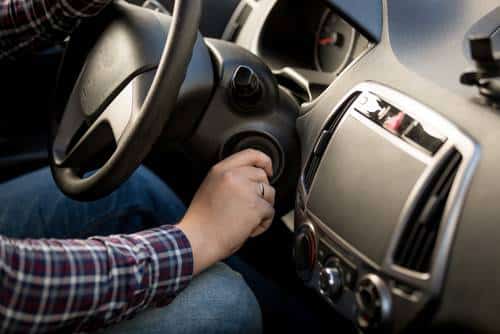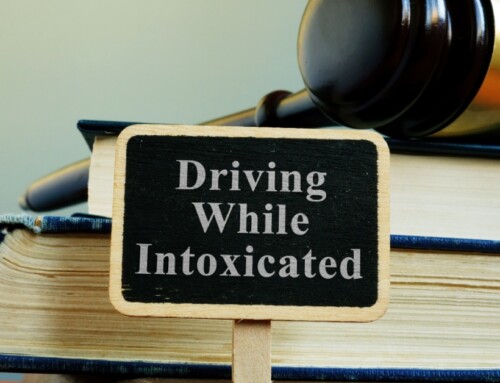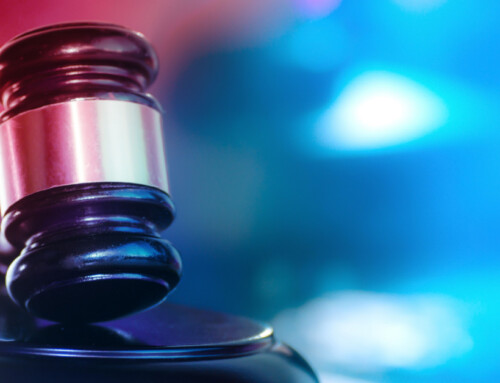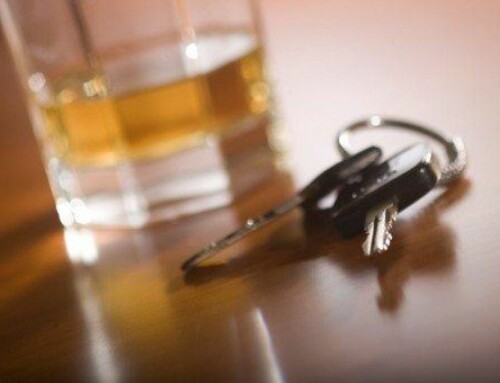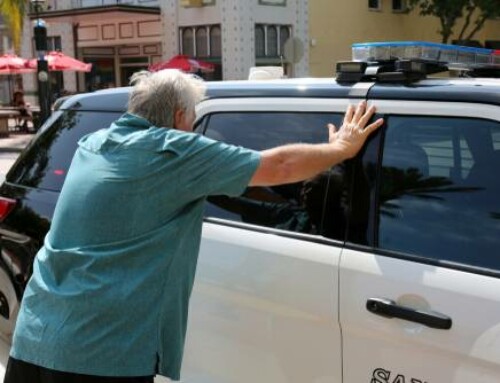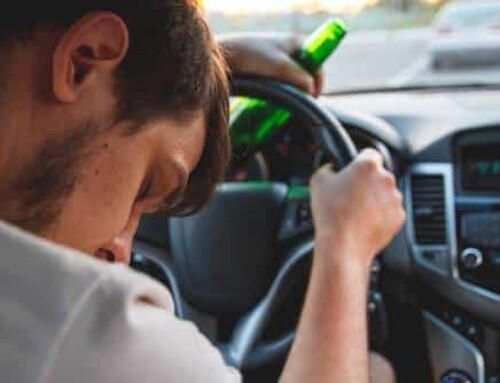South Carolina Governor Henry McMaster recently signed bill S.36 into law. Known as the Ignition Interlock Bill, S.36 establishes new penalties for drivers convicted of driving under the influence (DUI) with a blood alcohol concentration (BAC) of less than 0.15 percent.
Before S.36, South Carolina already had an ignition interlock device (IID) law. Under the existing law, a DUI arrest could lead to a requirement to install an IID on your vehicle if: (i) your BAC was 0.15 percent or above, (ii) you violated South Carolina’s implied consent law by improperly refusing a breath test, or (iii) your arrest warranted charges for a felony DUI (i.e. if you caused a serious accident). However, the IID requirement applies to all drivers arrested with a BAC over the legal limit—0.08 percent.
South Carolina’s Ignition Interlock Device Law As of 2023
Under existing law (Section 56-5-2941 of the South Carolina Code of Laws), participation in South Carolina’s ignition interlock device program is a prerequisite for obtaining a non-restrictive license. In other words, if you want to regain your license after losing it due to a DUI arrest, you must install an IID in your vehicle. You will need to keep the IID installed for as long as the judge requires (typically a minimum of six months for a standard first-time DUI), and you will need to fully comply with South Carolina’s IID requirements during this time. Among other things, this means that you must:
- Blow into the IID and have your picture taken by the device every time you drive.
- Please do not tamper with the IID to affect its operation or obscure the camera lens.
- Do not allow anyone else to blow into the IID for you
- Have your IID inspected and have its data downloaded every 60 days at a service center
- Not drive any other vehicle that does not have an IID
Before driving with an ignition interlock device, you must obtain an “II” restricted license from the South Carolina Department of Motor Vehicles (SCDMV). You must also purchase your IID from a certified manufacturer and have it installed at an approved service center.
What if you don’t want to install an ignition interlock device? This is an option—however, your driver’s license will remain suspended, and you won’t be allowed to drive. Driving on a suspended license carries steep penalties under South Carolina law.
Notably, while the general rule is that you can only drive an IID-equipped vehicle while enrolled in South Carolina’s ignition interlock device program, there are two exceptions. These are:
- Employment Exemption – If you are required to drive in the scope of your employment, you can drive a vehicle your employer owns for business purposes only after a first DUI conviction. Suppose you are self-employed or own your own business. In that case, you must show that “the vehicle’s ownership by the business serves a legitimate business purpose and the titling and registration for the vehicle by the business was not done to circumvent the law’s intent.”
- Medical Exemption – If you have a medical condition that prevents you from operating an IID, you can apply for a medical waiver from the SCDMV. Once you obtain a medical exemption, your driver’s license “will remain suspended for the time that [you] would have been required to hold an ‘II’ restricted license.”
With Governor McMaster’s signing of the Ignition Interlock Bill in 2023, anyone who gets a DUI with a BAC of 0.08 percent or above in South Carolina will be required to install an ignition interlock device to restore their driving privileges. This adds to the costs of a DUI conviction—and it is yet another reason to hire an experienced defense lawyer to fight your DUI charge by all means available.
Fighting a DUI Charge Based on a BAC of 0.08 Percent or Above
There are several ways to fight a DUI charge in South Carolina. If you got pulled over, took the breathalyzer, and blew 0.08 percent or above, you will want to promptly speak with a defense lawyer to determine your options. Some examples of potential defenses to DUI charges in South Carolina include:
1. Illegal Traffic Stop, Arrest, or Breathalyzer
All traffic stops are subject to constitutional and statutory protections. Suppose the police violated your rights by conducting an illegal traffic stop, illegally arresting you, or failing to comply with South Carolina’s implied consent law. In that case, your lawyer may be able to use this to protect you. Generally speaking, evidence obtained in violation of the law is inadmissible in court. Without admissible evidence that you were driving under the influence, the prosecution shouldn’t be able to convict you.
2. Unreliable Breathalyzer Result
Breathalyzer results can be unreliable for various reasons. For example, calibration issues are fairly common. If the police didn’t properly calibrate the device used during your traffic stop (or if they cannot prove that it was properly calibrated), this will call your BAC reading into question. The arresting officer’s failure to properly explain the testing procedures, certain foods, certain medical conditions, and various other issues can also lead to unreliable results.
3. Failure to Record Your DUI Stop
By law, the police must record all DUI stops in South Carolina. If the arresting officer did not register your DUI stop for any reason, this may also provide a defense to your DUI charge.
Discuss Your South Carolina DUI Case with North Charleston Defense Lawyer Rad S. Deaton
Suppose you are facing a DUI charge and the possibility of having to install an ignition interlock device in your vehicle (among other penalties). In that case, we encourage you to contact us promptly to discuss your defense. To speak with North Charleston defense lawyer Rad S. Deaton in confidence as soon as possible, call 843-225-5723 or request a free initial consultation online.

